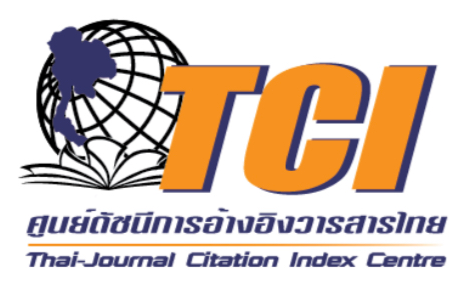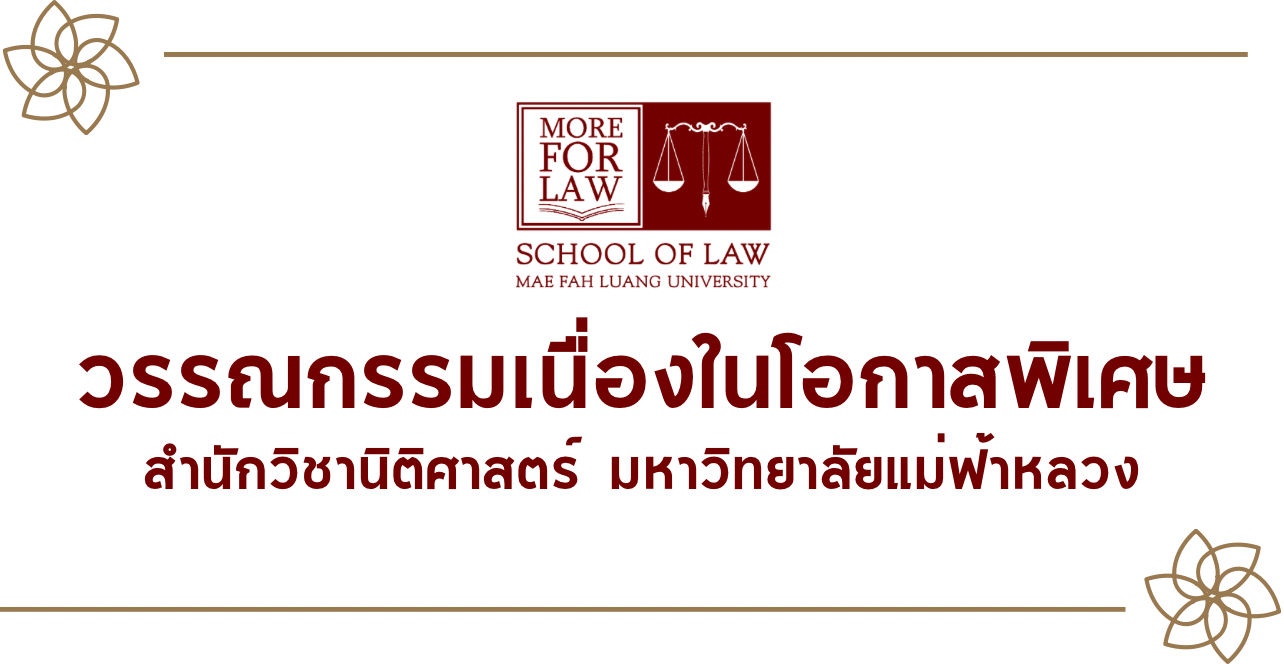Thai Space Activities under Existing International and Domestic Legal Instruments
DOI:
https://doi.org/10.14456/mfulj.2019.3Keywords:
Tort, Tortious liability, Outer spaceAbstract
Space technology is being globally developed by many governmental and private agencies. Space activities are also being conducted by both foreign agencies and Thai agencies. Heretofore, even though we have international space laws, namely the 1967 Outer Space Treaty (the Treaty on Principles Governing the Activities of States in the Exploration and Use of Outer Space, including the Moon and Other Celestial Bodies), and the 1972 Space Liability Convention (Convention on International Liability for Damage Caused by Space Objects), this space law regime is not able to fairly protect the right of injured persons from tortious acts in outer space. They do not touch upon individuals’ tortious acts in outer space and do not impose any civil liability on them. The international space law regime lacks of some key definitions in the 1967 Outer Space Treaty and the 1972 Space Liability Convention. It does not truly cover all space activities. Although it provides that non-governmental entities that conduct space activities must bear international responsibility, but it does not provide any method to injured persons to claim for compensation from those entities conducting space activities.
Meanwhile, procedures in domestic tort laws are far more developed than those mentioned. It, nevertheless, has some problematic issues on different choices of law rules among states, and immunity of States and international organizations. Such immunities make those entities stay above a state’s jurisdiction which makes them cannot be sued before any particular state’s court.
This article points out some problems in international space laws as mentioned and transnational tort litigation system in general, in claiming of damage caused in outer space. It analyzes into the ways forward to protect Thai space activities under the current international laws and Thai domestic laws, namely the Conflict of Laws Act B.E. 2481(1938), the Civil and Commercial Code of Thailand, and the Civil Procedure Code of Thailand. Such ways forward would be able to adapt with other countries as well. The author believes that the guideline as such will benefit Thailand and international community, and bring justice up from the earth into outer space.
Downloads
Downloads
Published
How to Cite
Issue
Section
License
Copyright (c) 2019 Mae Fah Luang University Law Journal

This work is licensed under a Creative Commons Attribution-NonCommercial-NoDerivatives 4.0 International License.






